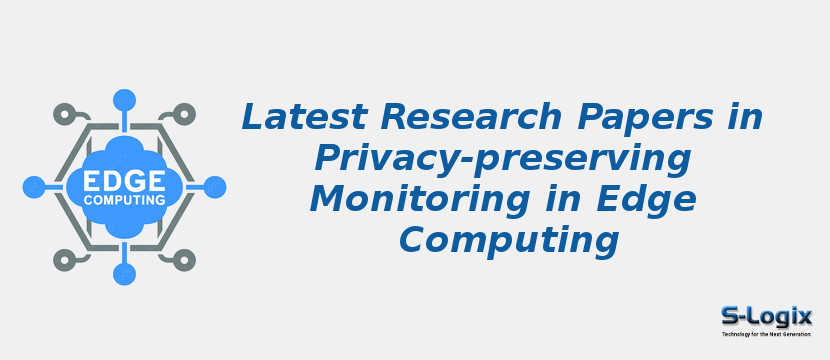Privacy-preserving monitoring in edge computing is a critical research area that focuses on enabling real-time observation, analysis, and management of distributed edge devices while safeguarding sensitive data. Research papers in this domain explore techniques that allow monitoring of system performance, resource utilization, user behavior, and application metrics without compromising privacy. Studies highlight the use of federated learning, differential privacy, homomorphic encryption, secure multiparty computation, and blockchain-based frameworks to ensure data confidentiality and integrity during monitoring processes. Recent works investigate applications in smart healthcare, autonomous vehicles, industrial IoT, and smart cities, where sensitive information such as medical records, location data, and operational metrics must be securely monitored. Adaptive and context-aware privacy-preserving monitoring frameworks are also studied to balance real-time analytics, resource efficiency, and privacy requirements. Furthermore, hierarchical edge–fog–cloud architectures are leveraged to optimize scalability, reliability, and fault tolerance in large-scale deployments. Overall, privacy-preserving monitoring in edge computing provides intelligent, secure, and efficient mechanisms to maintain visibility and control over distributed systems without exposing sensitive information.
